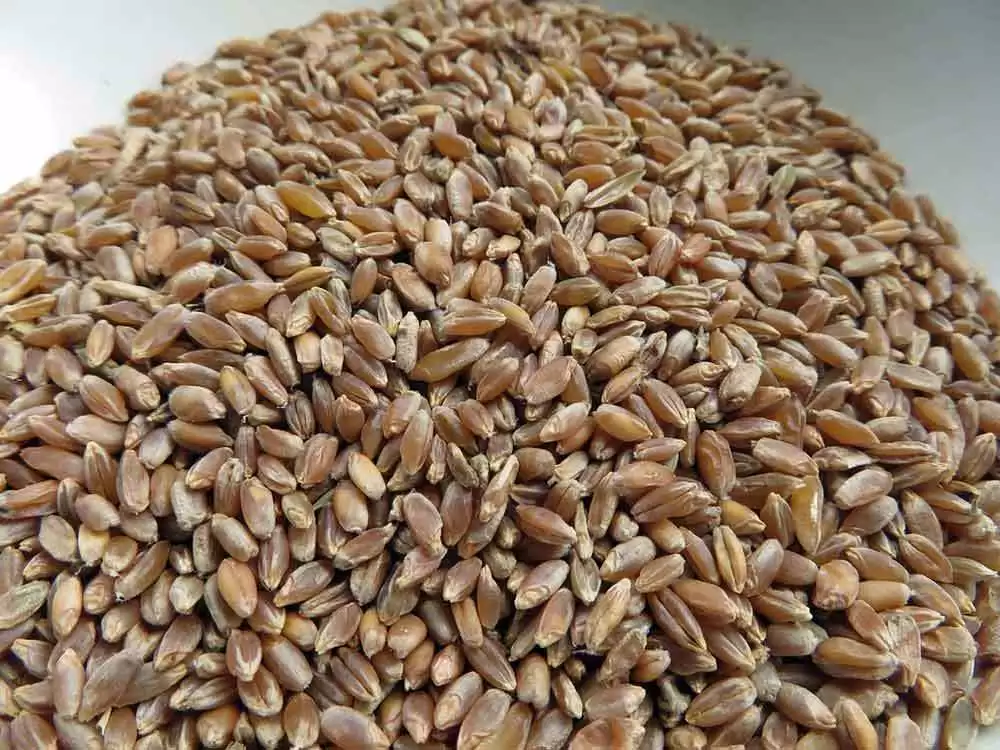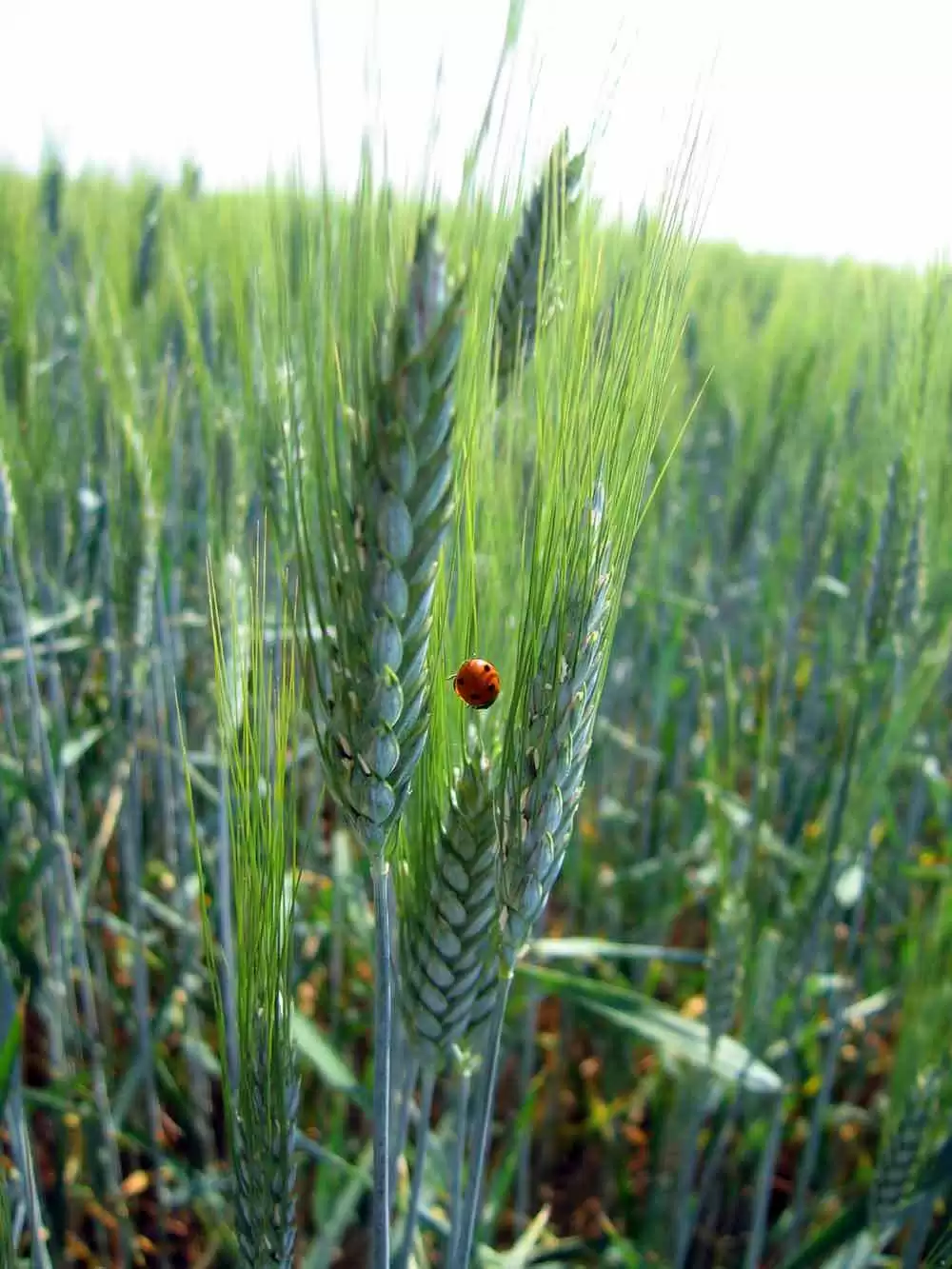
Celiac.com 08/04/2020 - People with celiac disease need to avoid wheat. That includes ancient Einkorn wheat, even though some folks claim it's easier to digest and less toxic than Durum and other wheat strains.
Recent studies suggested that gliadin proteins from the ancient diploid einkorn wheat Triticum monococcum retained a reduced number of immunogenic peptides for celiac disease patients, and is less toxic than other more recent strains of wheat. Some experiments have shown Einkorn to be more easily digested than hexaploid common wheat. But is it really, and how does it compare in terms of toxicity to people with celiac disease? For people with celiac disease, is there a difference in digestibility and toxicity between Durum and Einkorn Wheat? Researchers say there is.
Celiac.com Sponsor (A12):
A team of researchers recently set out to compare the immunological properties of gliadins from two Triticum monococcum cultivars (Hammurabi and Norberto-ID331) with those of a Triticum durum cultivar (Adamello).
The research team included Luigia Di Stasio, Stefania Picascia, Renata Auricchio, Serena Vitale, Laura Gazza, Gianluca Picariello, Carmen Gianfrani, and Gianfranco Mamone. They are variously affiliated with the Institute of Food Sciences, National Research Council, Avellino, Italy; and Institute of Biochemistry and Cell Biology, National Research Council, Naples, Italy; the Department of Translational Medical Science, Section of Paediatrics, European Laboratory for the Investigation of Food-Induced Diseases, University "Federico II", Naples, Italy; the CREA-Research Centre for Engineering and Agro-Food Processing, Rome, Italy.
Their team compared the immunological properties of gliadins from two Einkorn strains of Triticum monococcum (Hammurabi and Norberto-ID331) with a Triticum durum strain, called Adamello.
To do so, the team digested the gliadins by duplicating in vitro gastrointestinal digestion, including the brush border membrane peptidases. Competitive ELISA, based on R5 monoclonal antibody, showed that gastrointestinal digestion reduced the immunogenicity of Triticum monococcum gliadins, but had little effect on the toxic potential of Triticum durum gliadins.
The team also assessed the immune stimulatory activity by detecting the IFN-γ production in gliadin-reactive T-cell lines taken from the small intestinal mucosa of HLA-DQ2+ celiac disease patients.
Notably, gastrointestinal digestion sharply reduced the ability of Einkorn gliadins of both strains to activate T cells, while barely affecting the ability of Triticum durum. The team's results clearly show that digestion barely affects Triticum durum at all, while the Einkorn strains break down substantially, resulting in lower toxicity for celiac disease patients.
This study does not mean that Einkorn is safe for people with celiac disease to eat, but it does present some interesting possibilities for further study.
It would be interesting, for example, to see if Einkorn could be further digested with sourdough cultures, or even enzymes, to render a bread that could be safe for people with celiac disease. The possibilities are intriguing.
Stay tuned for more on this and related stories.
Read more at: Front Nutr. 2020 May 22;7:56.









.thumb.jpg.d8ccdbb71dd5d276bacf435aa9f4427d.jpg)

Recommended Comments
Create an account or sign in to comment
You need to be a member in order to leave a comment
Create an account
Sign up for a new account in our community. It's easy!
Register a new accountSign in
Already have an account? Sign in here.
Sign In Now